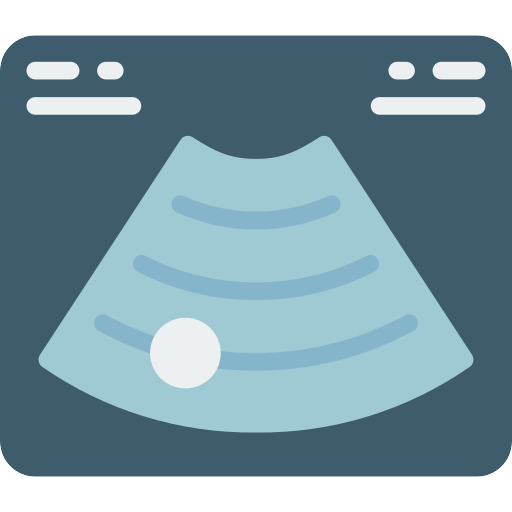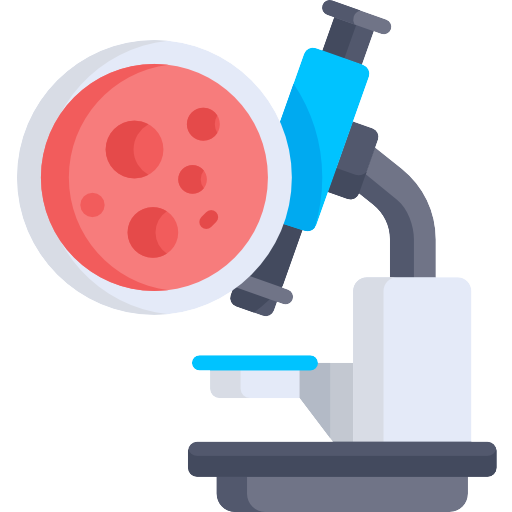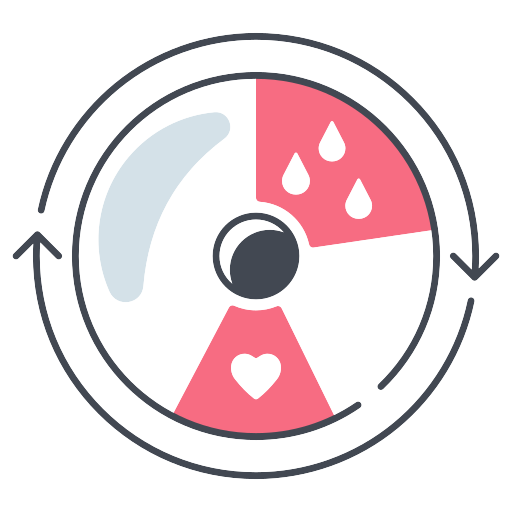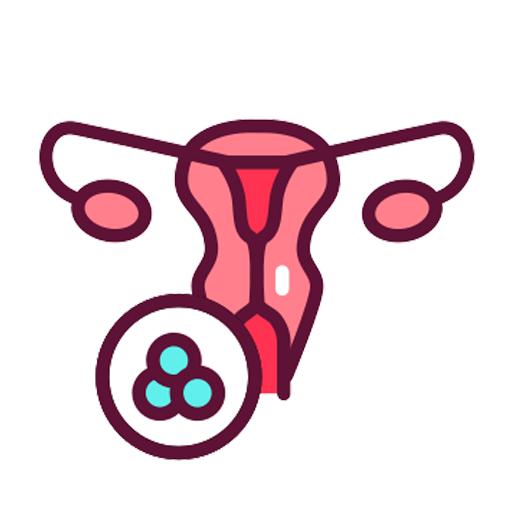Ultrasound
Ultrasounds provide a safe, noninvasive view of your internal organs and developing fetuses. The team at NA OB/GYN in New Albany and Holly Springs, Mississippi offers 3D and 4D ultrasounds to both monitor the health and development of your baby and diagnose pelvic and reproductive health issues. If you’re looking for a women’s health expert and ultrasound services, call or schedule a consultation online today.
Ultrasound Q & A
What is an ultrasound?
An ultrasound is a safe and noninvasive imaging procedure that allows your doctor to examine your internal organs or your developing baby. At NA OB/GYN, the team is committed to providing state-of-the-art care, including traditional, 3D, and 4D ultrasounds.
If you’re pregnant, a 3D or 4D ultrasounds lets you see your baby’s face, expressions, and movements in real time. In addition to watching your baby on a screen during your ultrasound for an intimate bonding experience, you can also view the images and videos on computers and hand-held devices and share them with other excited family members via email.
How do ultrasounds work?
Ultrasound equipment includes a computer and a transducer wand. The transducer sends sound waves through your body, which bounce back off of different tissues at different speeds.
The transducer wand picks up the returning soundwaves, and the computer converts the information into images and videos.
What happens during an ultrasound?
During an ultrasound, you recline on a comfortable table with your shirt pulled up to reveal your abdomen. Your fully certified sonography technician applies a clear gel to your skin.
The gel helps the transducer wand slide over your skin easily and helps transmit the sound waves that create the ultrasound images.
Why would I need an ultrasound?
The doctors and other women’s health care experts at NA OB/GYN use ultrasounds to monitor the progression of your pregnancy and to diagnose reproductive health issues.
For example, if you have abnormally heavy or painful periods, your doctor may use an ultrasound to check for signs of health problems such as endometriosis, uterine fibroids, or polycystic ovarian syndrome.
Additionally, if you have chronic urinary tract infections, your doctor may use an ultrasound to examine your kidneys, ureters, bladder, or urethra for abnormalities.
During pregnancy, you usually have at least two ultrasounds. You have the first ultrasound around the 12th week of pregnancy and the second around the 20th week. The first ultrasound allows your doctor to check that your baby is developing correctly and to look for signs of congenital or genetic disorders.
Your 20-week sonogram allows your doctor to ensure your baby is growing as expected. If you want to know, you can learn the sex of your child during this scan.
Call NA OB/GYN or make an appointment online today for expert ultrasound services including 3D and 4D scans.
















